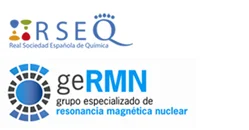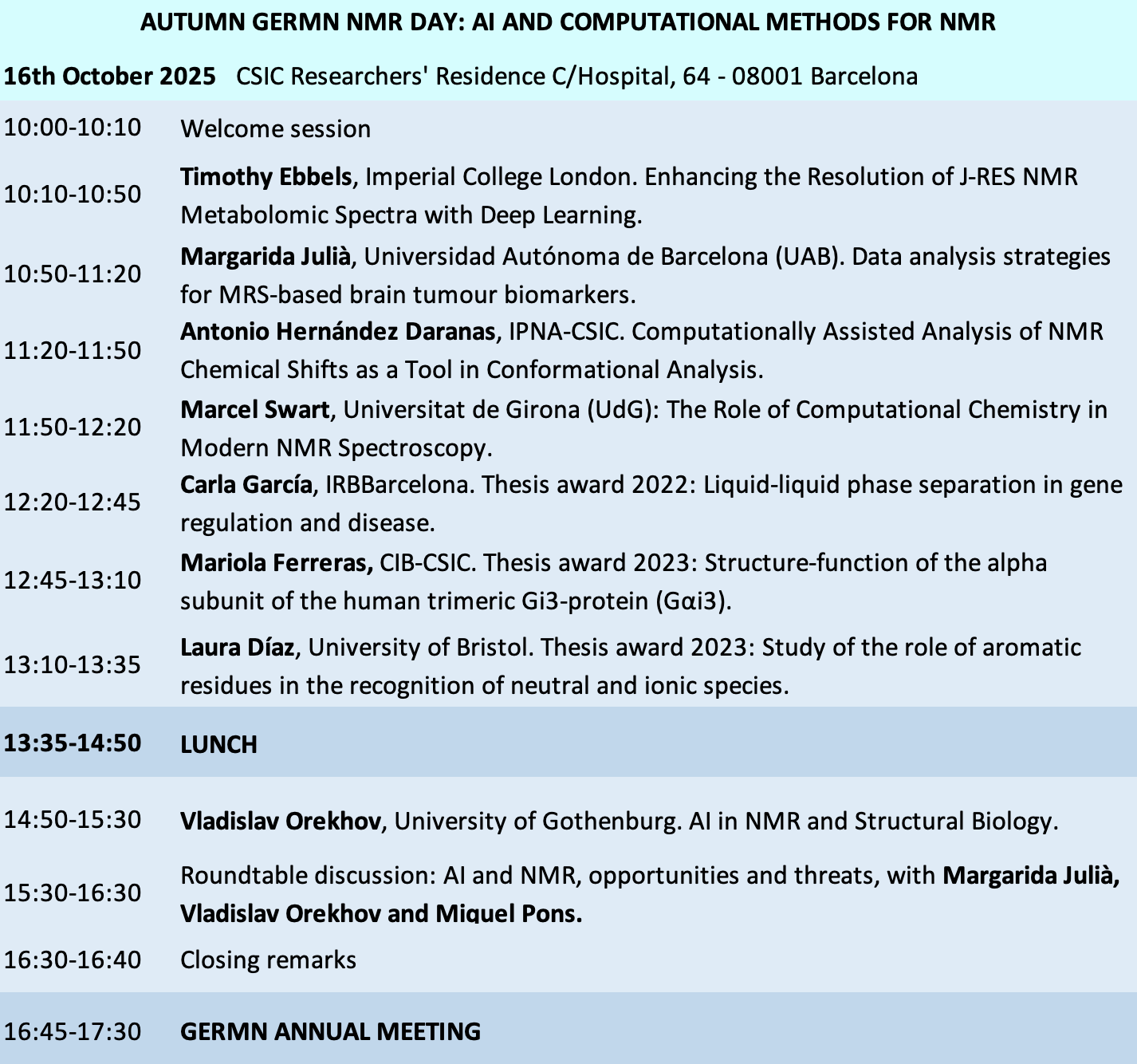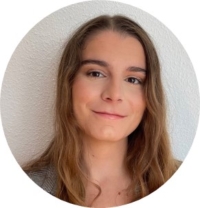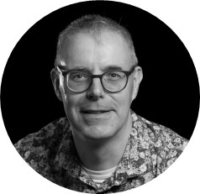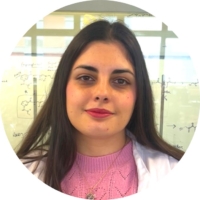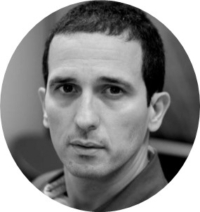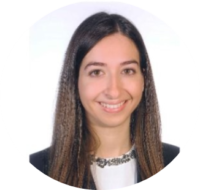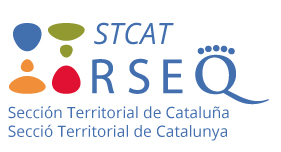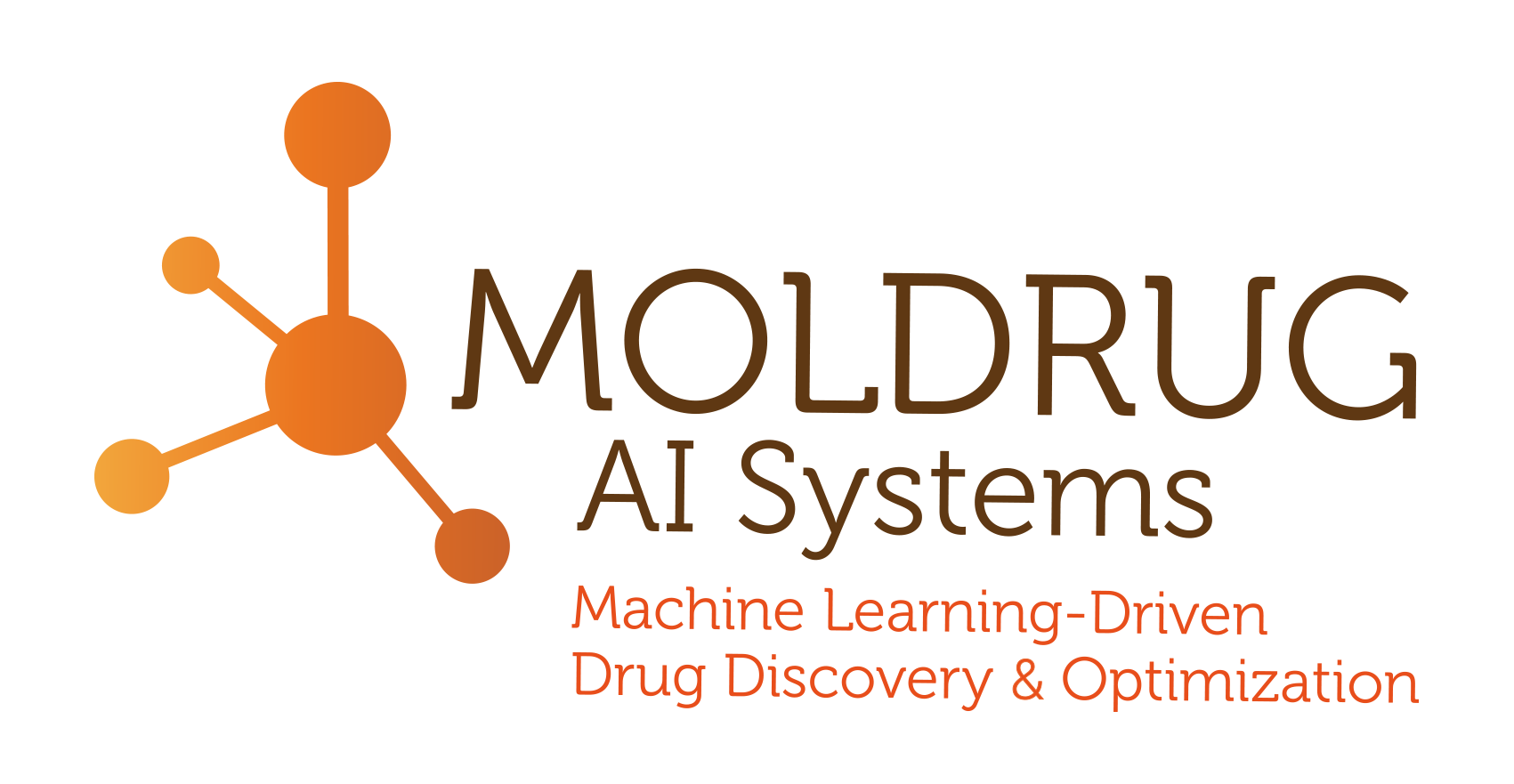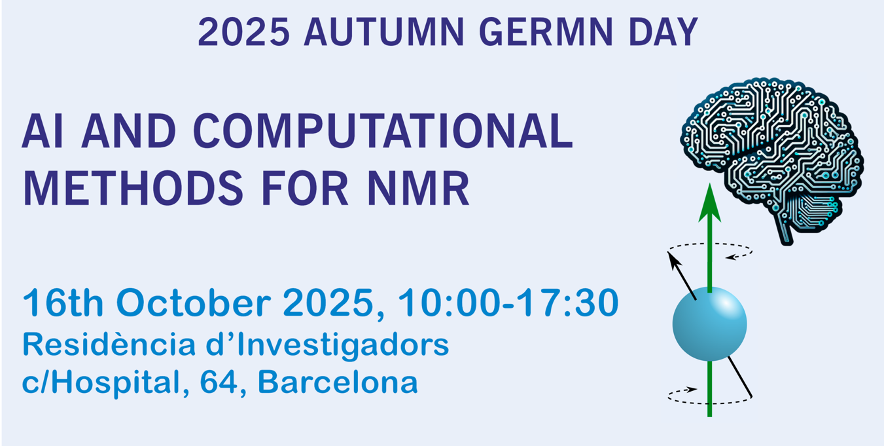
This year’s AUTUMN GERMN Day will focus on the recent rise of computer-driven methods and their application in nuclear magnetic resonance (NMR). Throughout the workshop, national and international experts will share their experiences of using these approaches to process data, analyse spectra and interpret the molecular composition of small and large molecules, as well as magnetic resonance images. There will also be a roundtable discussion in which specialists will explore the strengths, opportunities, weaknesses and threats of these methods.
Additionally, the winners of GERMN’s 2022 and 2023 PhD awards will present their research.
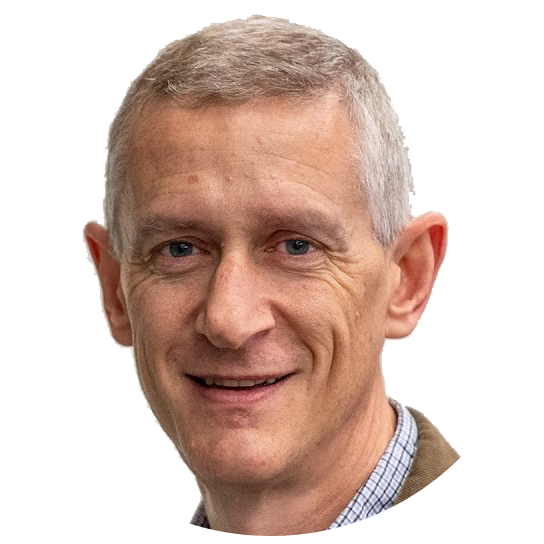 Timothy Ebbels | Enhancing the Resolution of J-RES NMR Metabolomic Spectra with Deep Learning Professor of Biomedical Data Science and Head of the Section of Bioinformatics within the Division of Systems Medicine of the Department of Metabolism, Digestion and Reproduction. Prof. Timothy Ebbels is also Director of the MRes in Biomedical Research and co-lead for its Data Science stream. His overall research interests lie at the interface between two broad areas: multivariate data analysis, and post-genomic technologies. |
Mariola Ferreras | Structure-function of the alpha subunit of the human trimeric Gi3-protein (Gαi3) Mariola is a biochemist and holds a PhD in Molecular Biology and Biomedicine from the UPV. Her doctoral thesis focused on the structural and functional analysis of proteins, mainly by NMR, as well as crystallography and ITC. Most of her research was carried out at CIB-CSIC, with additional work at CICbioGUNE and Boston University. Currently, she is Technical Support Staff at the NMR platform of the CIB-CSIC. |
Marcel Swart | The Role of Computational Chemistry in Modern NMR Spectroscopy Prof. Marcel Swart is ICREA Professor at the University of Girona, where he leads a research group that focuses on theoretical and computational chemistry, particularly in the areas of bioinorganic and supramolecular chemistry. His research involves developing computational tools to study transition-metal complexes, metalloproteins, and DNA, contributing significantly to the field of computational spectroscopy. |
Laura Díaz | Study of the role of aromatic residues in the recognition of neutral and ionic species Laura Díaz obtained her PhD in 2023 in Organic Chemistry at the QOG in Madrid, studying weak interactions in aromatic systems. In 2024, she moved to the University of Milan to work on dendrons for the treatment of glioblastoma. After this, she moved to Ireland with an IRC Postdoctoral Fellowship dedicated to antimicrobial resistance. In the same year, she obtained an award of the best PhD thesis in NMR and carbohydrates by the Germn of the RSEQ. Currently, she is working at the University of Bristol on a Marie Curie Fellowship to develop antimicrobial agents and diagnostic tools. |
Antonio Hernández Daranas | Computationally Assisted Analysis of NMR Chemical Shifts as a Tool in Conformational Analysis Antonio Hernández Daranas is a Senior Scientist at the Spanish National Research Council (CSIC) at the Institute of Natural Products and Agrobiology in La Laguna (Tenerife) and the Scientific Director of the Magnetic Resonance Service at IPNA-CSIC. He is an expert in using homo- and heteronuclear coupling constants from Nuclear Magnetic Resonance (NMR) along with Quantum Mechanics calculations to develop improved methodologies for the structural determination of small molecules. The application of these techniques to the chemical study of marine organisms has led to the discovery and structural elucidation of several novel bioactive natural products. Another of his research areas focuses on studying protein-ligand interactions using nuclear magnetic resonance, calorimetry, and computational simulations. Recently, he has specialized in developing more efficient methodologies for structure elucidation through computational techniques and NMR spectroscopy. |
Margarida Julià | Data analysis strategies for MRS-based brain tumour biomarkers Margarida Julià is a senior lecturer and coordinator of the Interuniversity PhD program in Bioinformatics at Universitat Autònoma de Barcelona. With over 25 years of research and teaching experience, she has specialized in biomedical applications of MR spectroscopy, bioinformatics, and decision-support systems for brain tumour diagnosis. Previously, she held a long-term postdoctoral position at the Centro de Investigación Biomédica en Red (CIBER). Her academic career spans roles from research assistant in cardiovascular studies to senior lecturer in biochemistry and molecular biology. Her work bridges bioinformatics, molecular biology, and clinical research, emphasizing non-invasive diagnostic technologies and biomedical data analysis. |
Vladislav Orekhov | AI in NMR and Structural Biology Prof. Orekhov is professor at the Department of Chemistry and Molecular Biology of the University of Gothenburg. He leads a research group focused in developing new NMR experiments as well as new approaches and algorithms for data collection and signal processing. The group is located at the Swedish NMR Centre, which is one of major NMR facilities in Scandinavia and Europe. |
Carla García | Liquid-liquid phase separation in gene regulation and disease Carla García has a degree in Chemistry (IQS, Universitat Ramon Llull) and a Master in Molecular Biotechnology (UB). She obtained her PhD in Biomedicine (UB and IRB Barcelona) under the supervision of Prof. Xavier Salvatella. During this period, she specialised in the study of intrinsically disordered proteins that undergo phase transitions to carry out their functions and the effect of disease-related mutations. |
Miquel Pons | Roundtable discussion Professor Miquel Pons is full professor in the Department of Inorganic and Organic Chemistry at the University of Barcelona, where he leads the Biomolecular Nuclear Magnetic Resonance (NMR) research group, which is located in the Barcelona Science Park. The BioNMR group uses biophysical techniques, particularly NMR, as well as biological chemistry, molecular biology, and computational techniques, to study proteins involved in regulatory processes where dynamics are essential. Professor Pons was also the first president of the Spanish NMR Specialised Group (GERMN-RSEQ, 2001–2009). |
Registration fees:
– GERMN Members: 0 €
– RSEQ Members: 30 €
– Non-members: 50 €
Here you can find information about how to become a member of the RSEQ and GERMN.
Method of payment: All payments must be made in Euros by Bank Transfer. You will receive an invoice generated by the RSEQ.
To register, please, fill in the following REGISTRATION FORM.
The registration fee includes:
– Attendance to the workshop
– Lunch break
– Certificate of attendance and/or participation (sent online)
Cancellations and refunds: cancellations and/or changes must be sent in writing to germnautumnday@gmail.com. No refund will be possible two working weeks before the course (deadline September 30th). However, if you are unable to attend, substitutes are welcome at no additional cost.

Residencia de Investigadores
Carrer de l’Hospital, 64, Ciutat Vella, 08001 Barcelona, España
To apply:
Follow the application procedure described HERE
Send your application form and required attachments via e-mail to germn@rseq.org including «ISMAR – GERMN Grant Application» in the e-mail subject
Submit it before September 15th
